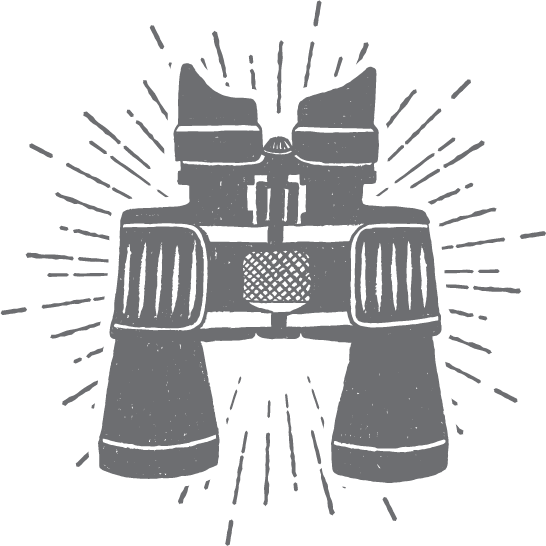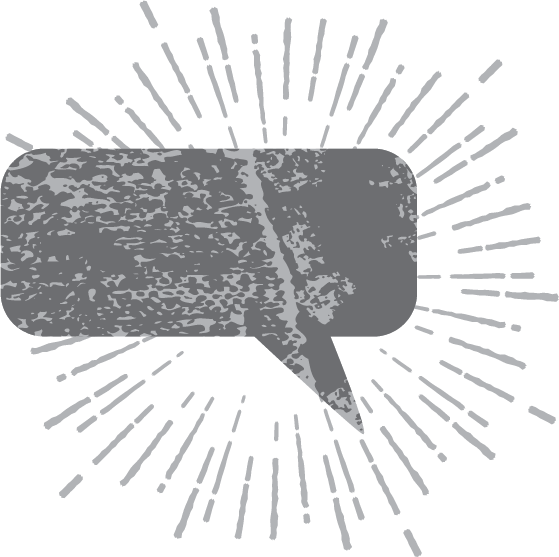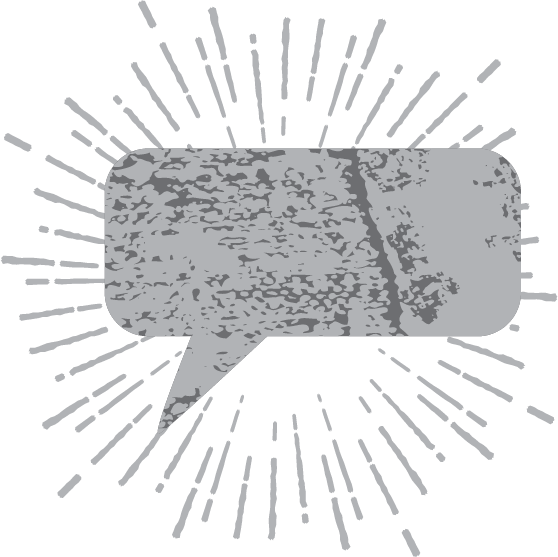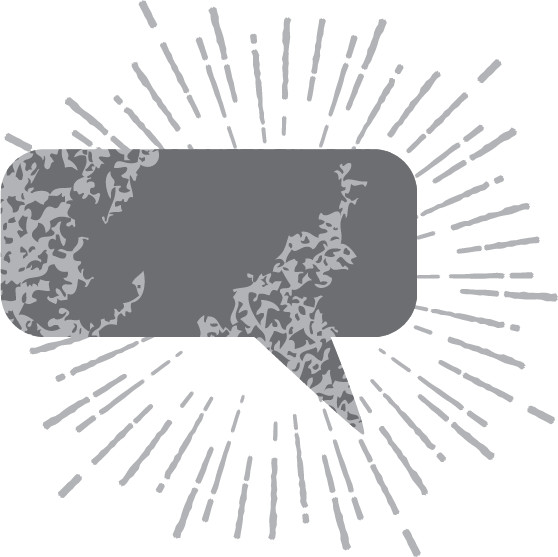Imagine the Corset Futures

The future is inherently uncertain, but we believe it is likely to unfold in any of these four future directions. You will probably find that one of the four is more dominant in your context, but your future could be a blend of all four. It is important to prepare for each of the four futures, as it enables you to anticipate change and adapt faster should any one of these futures materialise.
These Corset futures will unfold at different rates in different places. The greater the level of corseting, the more extreme the scenario future will be.
Four scenario archetypes
This is a world dominated by technology and data-driven solutions. Big Tech interfaces mediate every human action and interaction in order to predict personalised products and services that might be convenient to the consumer and also to monetise the valuable data to third parties. The global economies have been transformed by the Big Tech giants, who have used their multi-sided platforms to move across sectors, disrupt the incumbents, block access to market and control all price structures. They offer end-to-end health, mobility, financial, retail and other services to every consumer, giving them detailed knowledge about the wants and needs of almost every human on the planet. Almost all business is conducted and distributed via these platforms.
This is a world where the yesterday’s institutional structures are replaced by a new informal economy, driven not not only by lack of formal work opportunities and onerous rule-bound processes but also dynamism, versatility and constant innovation and entrepreneurship. The result is a networked jungle, constantly in flux – where every rule is disrupted, rewritten or simply broken. Freedom is the name of the game and survival requires access to trusted social networks of family and friends. Informal, small scale business operations find innovative ways to circumvent bureaucracy. Sourcing, production and selling takes place within trusted social networks, using labour-intensive methods that are cheaper than capital-intensive production.
This is a barricaded world where globalization has receded. Economic and security concerns have led governments around the world to rewrite the social contract in return for greater authoritarianism. Technologies are used to monitor and control actions, interactions and even thoughts of citizens, either covertly or overtly. Global corporate structures have been largely been replaced by national networks, often fully or partially state-owned to retain control. There are simmering global tensions as nations compete for scarce resources and technological supremacy, but global governance has become largely irrelevant.
This is a world where ecological concerns, expanding debt and an ageing population combine to make gratuitous consumption less attractive and socially acceptable. People think longer-term, saving for their future and their children. As resource limitations become more visible, eradication of every form of waste becomes essential. The nature of the economy changes to one integrating natural ecology, social ecology, and industrial ecology. This shrinks the scale to a more local, open source footprint. Standardised, mass produced goods have been largely replaced by simpler, locally sourced and crafted goods and services. Production focuses on circularity and sustainable use of local resources, so recycling and upcycling are an integral part.

How have these Corset Futures been created?
The Corset Futures have been created using scenario planning. They are assuming disruptive change. They have been developed over a course of a decade, and incorporate both extensive research and the insights of hundreds of people from all walks of life.

What is scenario planning?
The future is inherently uncertain. Scenario planning is a tool to help us navigate this uncertainty. Scenarios are stories about how the future might unfold. Their purpose is not to predict the future, but to help us to make better decisions in the present. By rehearsing several possible futures and asking “what if?” we can avoid the regrets of “if only…”. Scenarios are a tool to help you look forward with your eyes wide open.
The current trend is to look backwards for historical evidence to predict how the future might unfold, i.e. evidence-based extrapolations. Whilst this can work in a stable environment, in times of turbulence and complexity it is equivalent to walking into the future backwards. In this uncertain context there can be no definitive predictions of what the future will be. It is better to be approximately right that precisely wrong.

Why is there more than one Corset Future?
Most of us have an implicit vision about what the future will look like—often like today with a few minor changes. Many people can make predictions about the future but this typically just looks at one issue, not a complex picture of a future world. The reason there is not just one Corset Future is that the future is inherently unknowable – and the greater the complexity and the further ahead you look, the more likely you are to get it wrong.
We developed four scenarios of how the future could unfold as there is great value in imagining a set of very different yet equally plausible futures. The process of comparing and contrasting should help you to see the wood for the trees, rapidly conclude what the changes taking place might mean for you and adapt accordingly. As your awareness increases, you will also notice your own biases and adjust if necessary.
Usefulness plays a role in the number of scenarios in a set. If there are more than four they become harder to recall and therefore less useful. Perhaps you can see a fifth future for your particular context. The chances are this could be a combination of the four futures we have described, but if it is something completely new we’d love to hear it. We are always open to learning.





